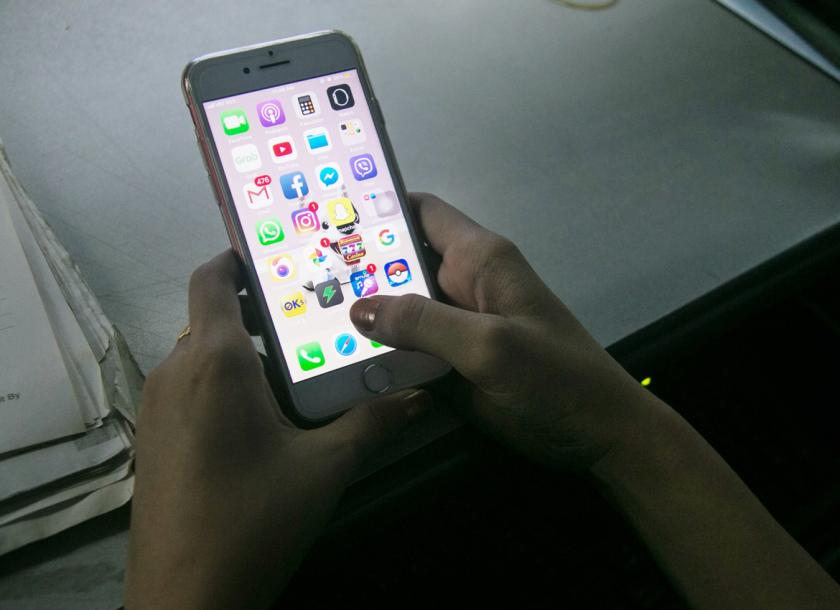Ending a relationship is a challenging endeavor, and moving on from an ex-partner can be even more difficult. At times, you find yourself contemplating whether you’ve made the right choice, whether they miss you, or if thoughts of you cross their mind. In the midst of these uncertainties, you contemplate the idea of reaching out through a WhatsApp message.

Amidst this sea of unknowns, you pick up your phone and navigate to your conversation with them. The question lingers: Is sending a WhatsApp message a wise choice? How do you initiate the conversation? Do you have any unresolved matters to discuss? Frequently, the response to these inquiries culminates in a conventional, basic message—far from the authenticity you seek. Avoid the following WhatsApp messages, as they are likely to exacerbate rather than alleviate your situation:
- “Hey, what’s up? How have you been?”
Such an innocuous inquiry may trigger confusion on your ex-partner’s end. It’s essential to steer away from aimless conversation and instead get to the point, as futile dialogue rarely serves a purpose. - “Could we meet briefly? I’ll swing by your place, and we can chat.”
Expressing a desire to reconnect is one thing, but delving into desperate pleas and supplications is another. Maintain your dignity and avoid coming across as desperate. - “Oops, my apologies, wrong conversation.”
Using this old excuse is a rather outdated strategy. It’s improbable to believe that you’ve inadvertently stumbled into your ex’s conversation. Moreover, having their conversation visible in your recent chats contradicts the pretext. This excuse is best avoided. - “I miss your presence. Perhaps we could meet up once.”
Engaging in manipulative tactics or hinting at a coincidental meeting is counterproductive. Be honest about your intentions and avoid creating misleading situations. - “Why haven’t you responded? I don’t think I’ve treated you so poorly as to warrant silence.”
Monitoring read receipts and seeking explanations for non-responses can come across as intrusive. Avoid positioning yourself as a victim and respect their autonomy in responding. - “My feelings for you have only grown, despite our separation.”
Avoid entering the “pity me” mode or employing overly sentimental language. Your aim is not to elicit sympathy or test their response. - “I’ve noticed numerous pictures of you with that person. Is there something going on? We’re friends, you can confide in me.”
Avoid prying into their personal life or attempting to feign friendship for the sake of seeking information. Such inquiries rarely lead to positive outcomes. - “You’re still the same, even post-breakup.”
Refrain from assigning blame or dwelling on past grievances. Expressing resentment will not serve your growth or healing process. - “I had a few things left unsaid: …”
Reserve significant discussions for an appropriate time, rather than overwhelming the conversation with sentiments you hadn’t expressed previously. - “Could you share your friend’s number with me?”
Attempting to incite jealousy is counterproductive and will not facilitate a healthy interaction between you two.
Navigating post-breakup communication requires tact and self-awareness. By avoiding these ill-advised WhatsApp messages, you can focus on personal growth and positive interactions, fostering a healthier approach to moving forward.














